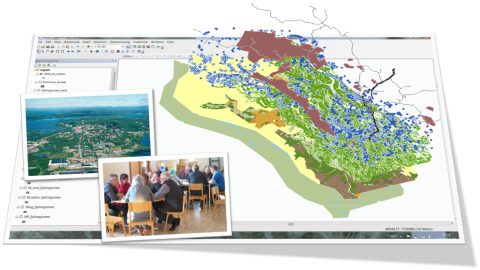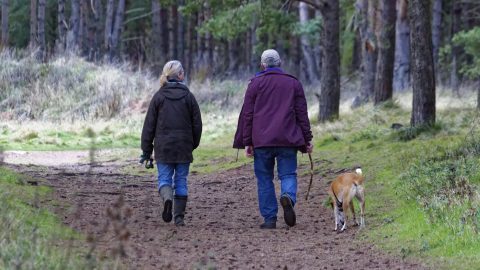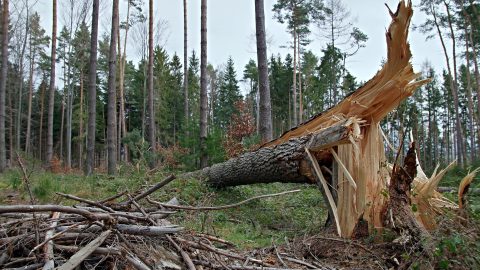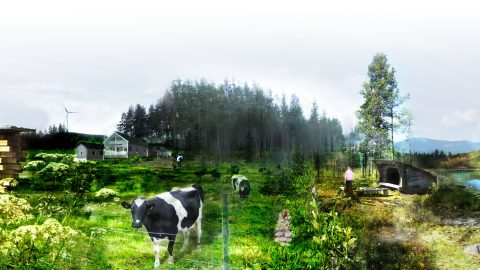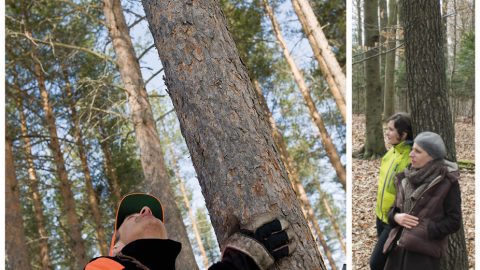The use of local natural resources, particularly forest resources, are important for many rural municipalities. Municipal spatial planning is a key tool in finding a balance between ecological, social and economic sustainability in social development based on a landscape perspective…

Year: 2018
Forest owners’ motives and external influences are a prerequisite for climate adaptations
Forest management is crucial for adapting the forest to future climate change in Sweden. By increasing the proportion of deciduous and mixed forests, as well as increasing the diversity with regard to, for example, felling age and thinning models, the…
Participation decisive for differences in forest management
Private forest owners play an important role in how forests are managed and with almost 40 percent women among the owners, gender patterns can have an impact on forest management as well as in forest management. Studies show that forest-owning…
Public support for diverse forests
The forest is an important natural resource for Sweden. In order to combat conflicts about how the forest is to be used and managed, it is important to take into account public opinion. Changed climate is expected to increase the…
Opposition reveals new ways to adapt forestry to climate change
Climate change carries with it new risks and challenges, for both forestry and the individual forest owner. Previous studies have shown, however, that there are difficulties within forestry in adapting forest management to new conditions. This study discusses how some…
A weak forest-owner perspective on climate change adaptation creates obstacles
The changing climate places demands on an adapted forest management and use in order to minimize the risks. Despite this, the level of climate change adaptation in many areas of forestry continues to be low. A comparative study of Sweden…
Traditions hinder forests’ adaptation to climate change
As the climate changes, so do the forest and the conditions for forestry. This demands an adaptation of forest management in order to minimize risks and create conditions for forests that will be healthy and resilient in the future. However,…
New perspectives on forest ownership are required
Although the number of women who own and manage forests is increasing, they are still a minority compared to men. They also act in an environment shaped by male norms and values, which makes the preconditions for them initially different…
Scenario analysis – a new tool for forest management?
The forest landscape in northern Sweden holds many economic, ecological and sociocultural values. Besides serving as a timber resource, the forest is also a source for biodiversity, natural and cultural values, recreation, energy material, hunting, fishing, and reindeer husbandry. All…
Gender matters when owning forest
Despite the fact that approximately 30 percent of the forest owners in Europe are women, there is a lack of basic insight and knowledge regarding the significance of gender when it comes to who owns forest and how the ownership…

